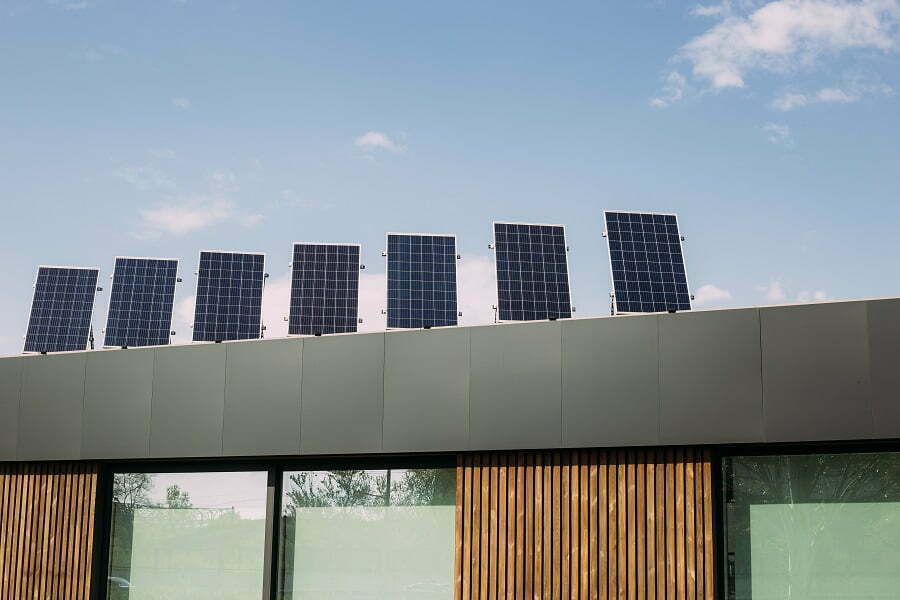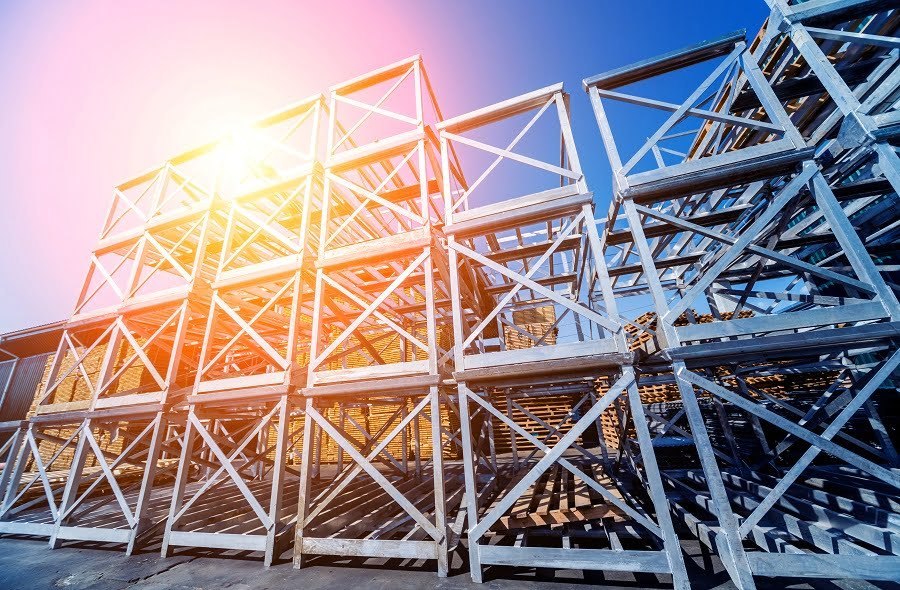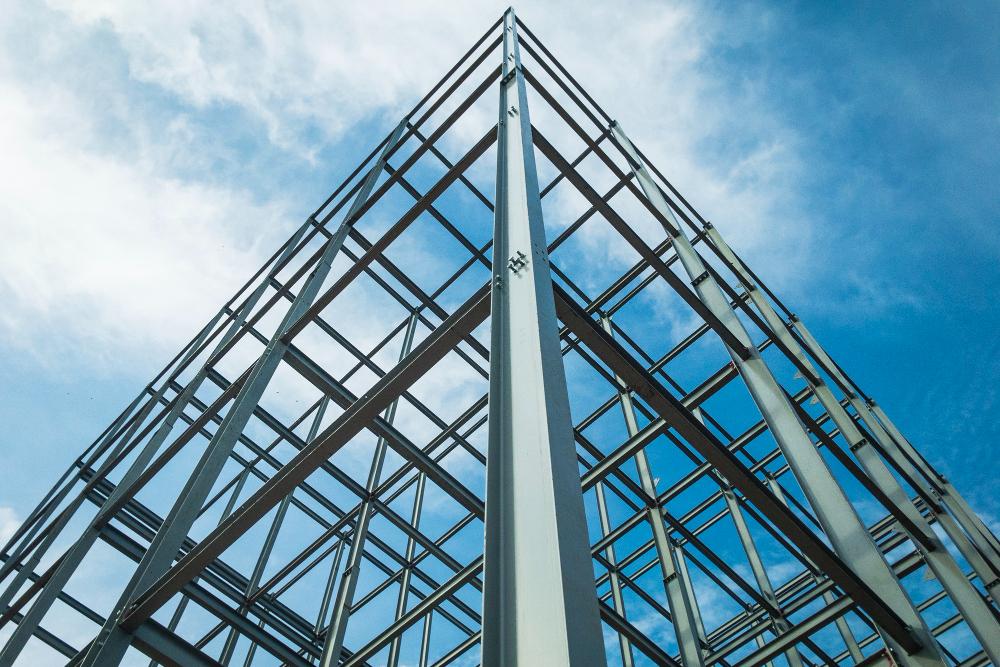Last updated on
Construction is a challenging process that requires adequate planning and resources for successful completion. To ensure the best results, you must familiarize yourself with different construction materials essential in any building project.
Knowing what these materials can do and how they interact helps builders make smarter decisions when procuring them from suppliers. It’s also important to know which ones are available, as not all potential options will suit every situation. With this in mind, here are seven of the most common construction materials you will likely order for your next project.
Concrete
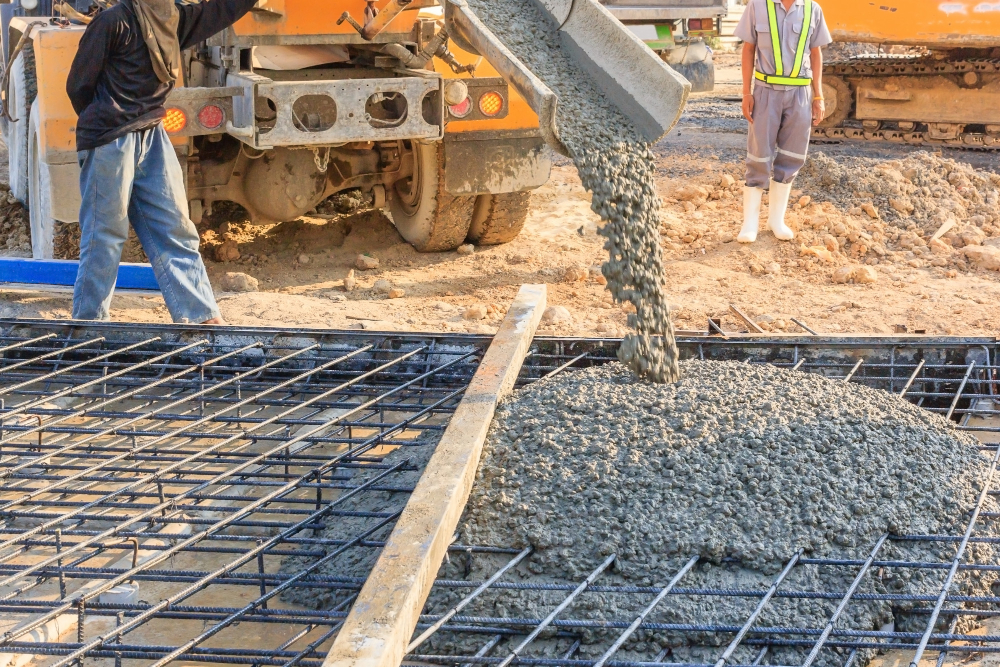
Concrete is often called the backbone of construction due to its versatility and strength. It comprises cement, aggregates (such as gravel or sand), and water, making it a cost-effective and durable material for various building projects.
Luckily, you can get high-grade gravel Delivered To Your Site, so you don’t have to worry about sourcing this essential component. Its popularity is also due to its ability to be molded into different shapes and sizes, making it suitable for various applications, including foundations, walls, and floors.
Steel

Steel is another popular construction material known for its strength and durability. It’s made from iron, carbon, and other elements, making it resistant to fire, corrosion, and pests. Steel is widely used in constructing high-rise buildings, bridges, and infrastructure due to its load-bearing capacity and ability to withstand extreme weather conditions.
Bricks
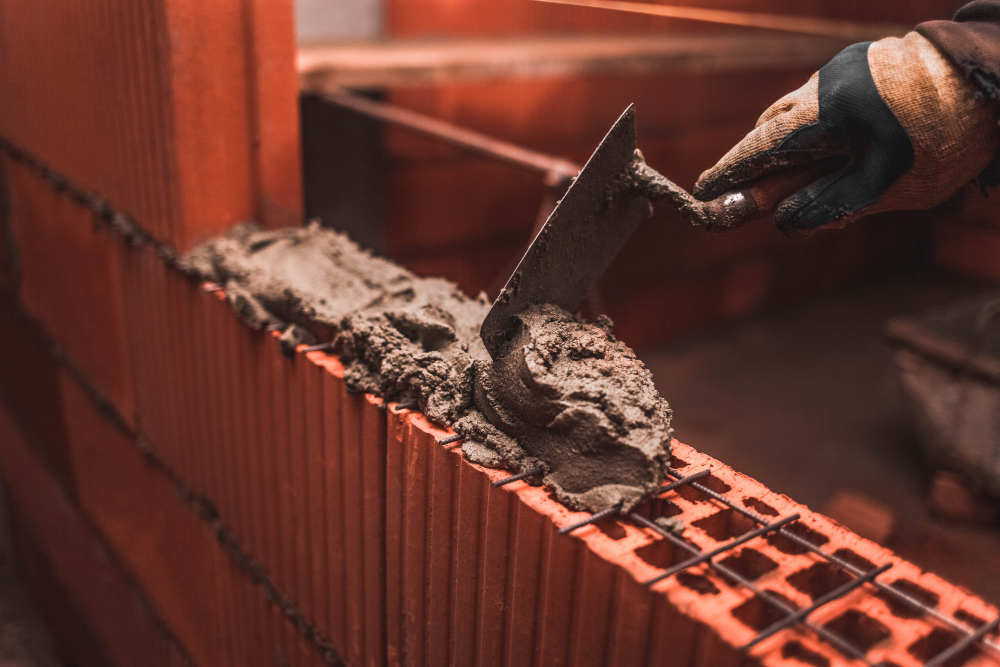
Bricks have been used in construction for centuries and are still popular due to their simplicity and durability. Made from clay or concrete, bricks are an affordable option that offers excellent thermal insulation properties. They’re commonly used for walls, facades, and even building decorative elements.
Wood

Wood is a natural material used in construction for thousands of years. It’s a renewable resource, making it an environmentally friendly option. Wood is easy to work with and can be cut, drilled, or shaped into various forms to suit specific building needs. This material is commonly used in framing, roofing, and siding.
Asphalt
Asphalt is mainly used for paving roads and driveways but has other construction applications. A mixture of aggregates, binders, and filler materials forms a durable and smooth surface when compacted. Its strength, flexibility, and waterproof properties make it an ideal material for constructing roads, parking lots, and runways.
Glass
Glass may seem like an obscure choice for construction materials, but it’s gaining popularity in modern architecture due to its aesthetic appeal and functionality. It’s a transparent material that allows natural light into buildings, reducing the need for artificial lighting during the day. Glass is often used in windows, doors, and facades to enhance a building’s overall design.
Gravel
Gravel is an essential construction material commonly used as a base for roads, driveways, and foundations. It’s made from small rocks and stones that are tightly packed together, creating a strong and stable surface. Gravel is also used as drainage material in construction projects because it allows water to flow through it easily.
Knowing the most common construction materials can help builders make informed decisions when selecting materials for their projects. Whether it’s concrete, steel, bricks, wood, asphalt, glass, or gravel, each material has its unique properties and uses that make it suitable for specific construction purposes.
By understanding these materials and their functions, builders can ensure the success of their projects while also achieving cost-efficiency and sustainability.
Related reading:
Table of Contents
